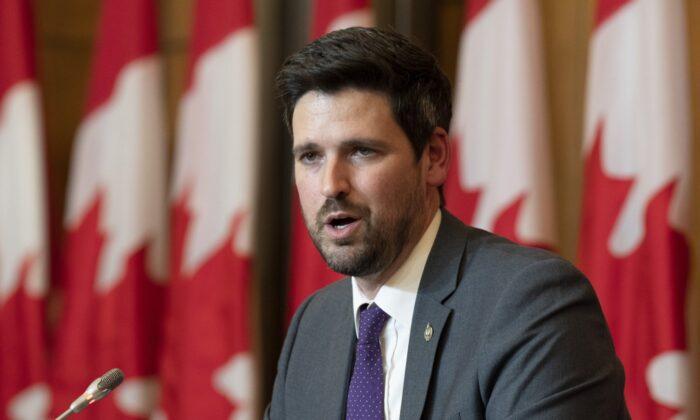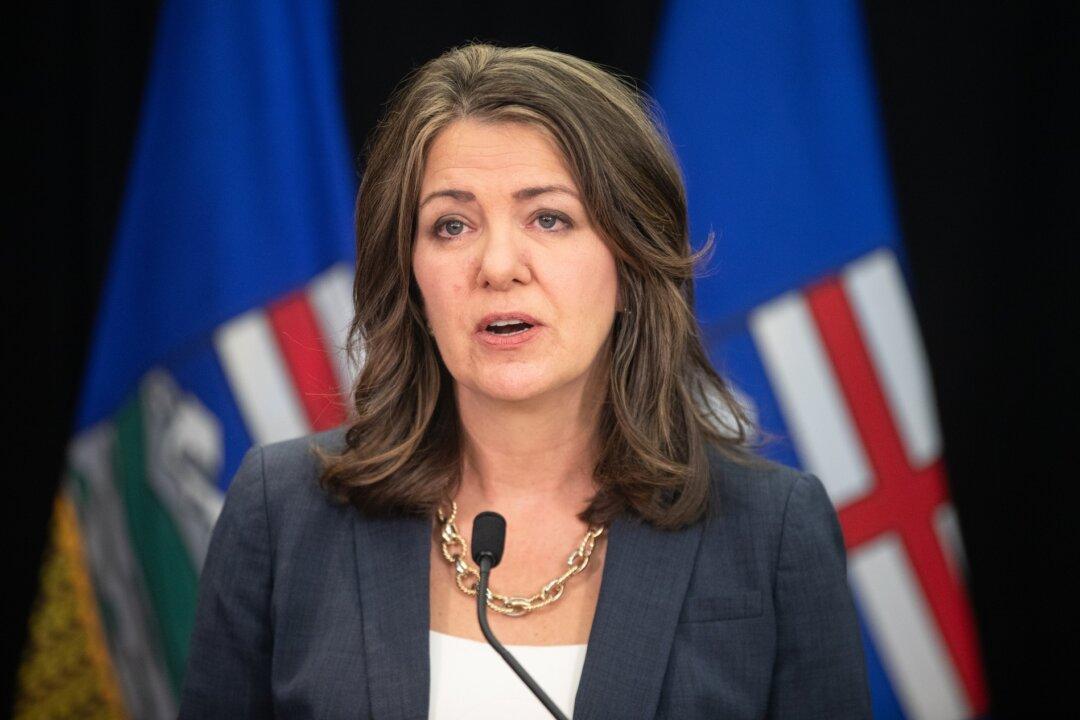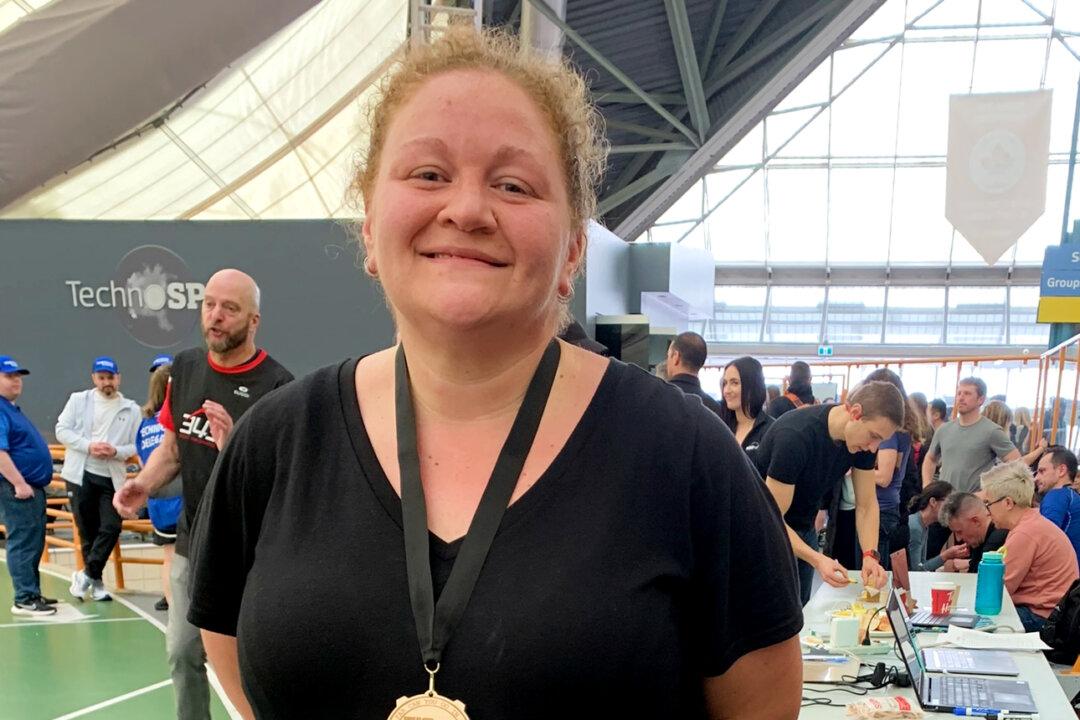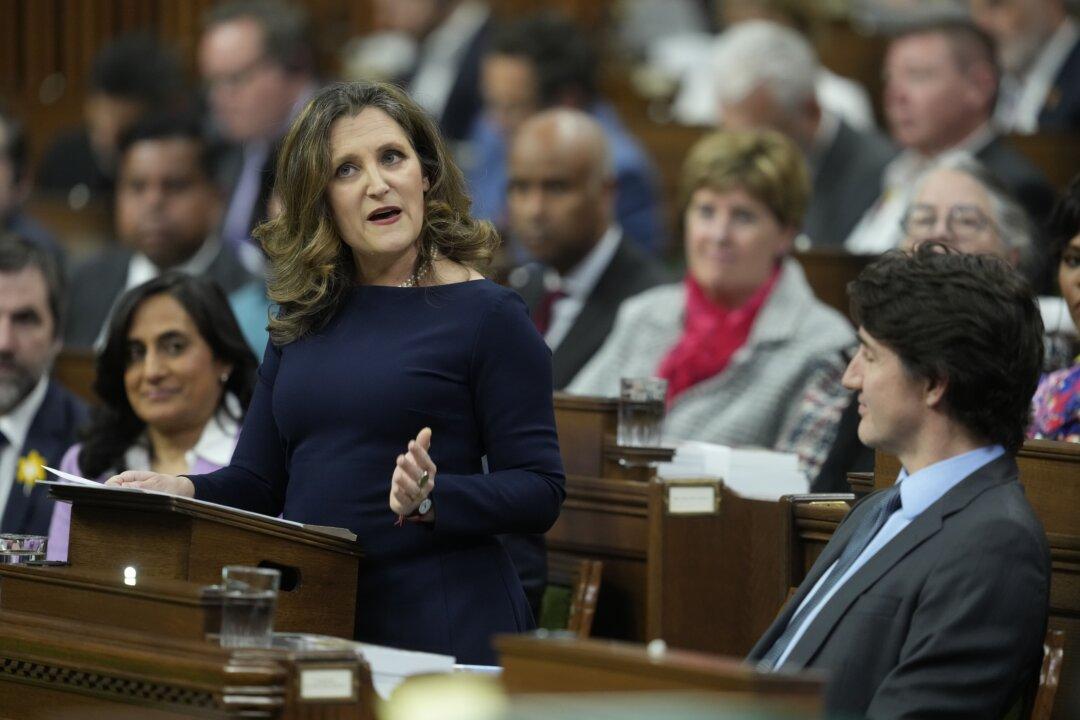With labour shortages nationwide, particularly in the health sector, Canada’s immigration minister has announced a new pathway for skilled refugees to connect with employers.
“If we do the right thing, we’re able to also serve our self-interest,” he said.
Employers can now go through the new federal pathway to connect with skilled refugees; provincial pathways are already overwhelmed with demand, Fraser said.
‘For Economic Reasons, for Demographic Reasons’
“We are now dealing with virtually the lowest rate of unemployment we’ve ever seen. ... We’ve actually seen about 830,000 jobs created since before the pandemic,” Fraser said.“Canada needs more people for economic reasons, for demographic reasons,” he said. “The reality is across Canada, we may only have three workers for every retiree. In my region [in Nova Scotia], we’re down to about two.”
He said he has seen the impacts of this demographic and labour-shortage problem. He gave the example of the Aberdeen Hospital in New Glasgow, Nova Scotia, having to close down its mental health unit because a single psychiatrist moved away and the unit could no longer operate safely.
“We all take for granted there’s a hundred million displaced people in this world,” Fraser said. “We had almost a million jobs available in this country this past summer and there’s a hundred million people who have skills to offer.”





